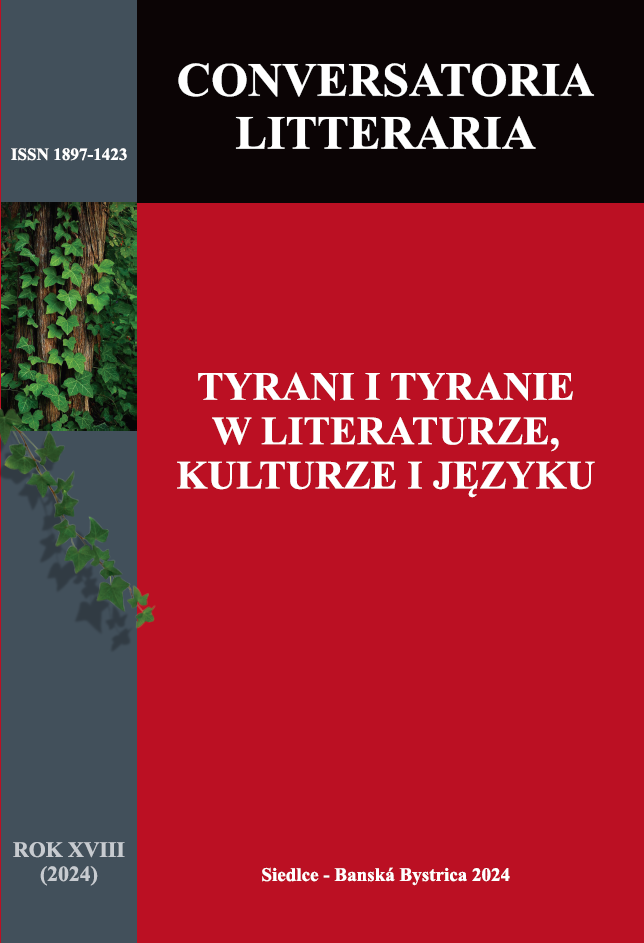„Nowy człowiek” i jego sowiecka mutacja. Nikołaj Jeżow w powieści Herkusa Kunčiusa Żelazna rękawica Stalina
DOI:
https://doi.org/10.34739/clit.2024.18.16Słowa kluczowe:
Herkus Kunčius, Bidungsroman, ironic narrator, Soviet manAbstrakt
The primary purpose of the article is to analyze the childhood and youth of Nikolai Yezhov, the main character of the novel Stalin's Iron Glove by Herkus Kunčius, in the context of the Enlightenment concept of the “new man”, which in the Soviet period was transformed into the idea of the “Soviet man”. The writer, using certain formal elements of Bildungsroman, creates his character as someone shaped by social factors: relationships in the family and school, the material and social status of the family, the socio-political situation in the Russian Empire, and intense ideological agitation among workers. Yezhov fully represents the “Soviet man” and Kunčius, using irony, elements of the grotesque, and black humor, ridicules the character, which is both dangerous and grotesque, discredits the above concept, while at the same time bringing out the universal dimension of figures such as Yezhov, i.e. ruthless functionaries of authoritarian regimes.
Pobrania
Pobrania
Opublikowane
Numer
Dział
Licencja
Prawa autorskie (c) 2024 Authors

Utwór dostępny jest na licencji Creative Commons Uznanie autorstwa – Bez utworów zależnych 4.0 Międzynarodowe.




